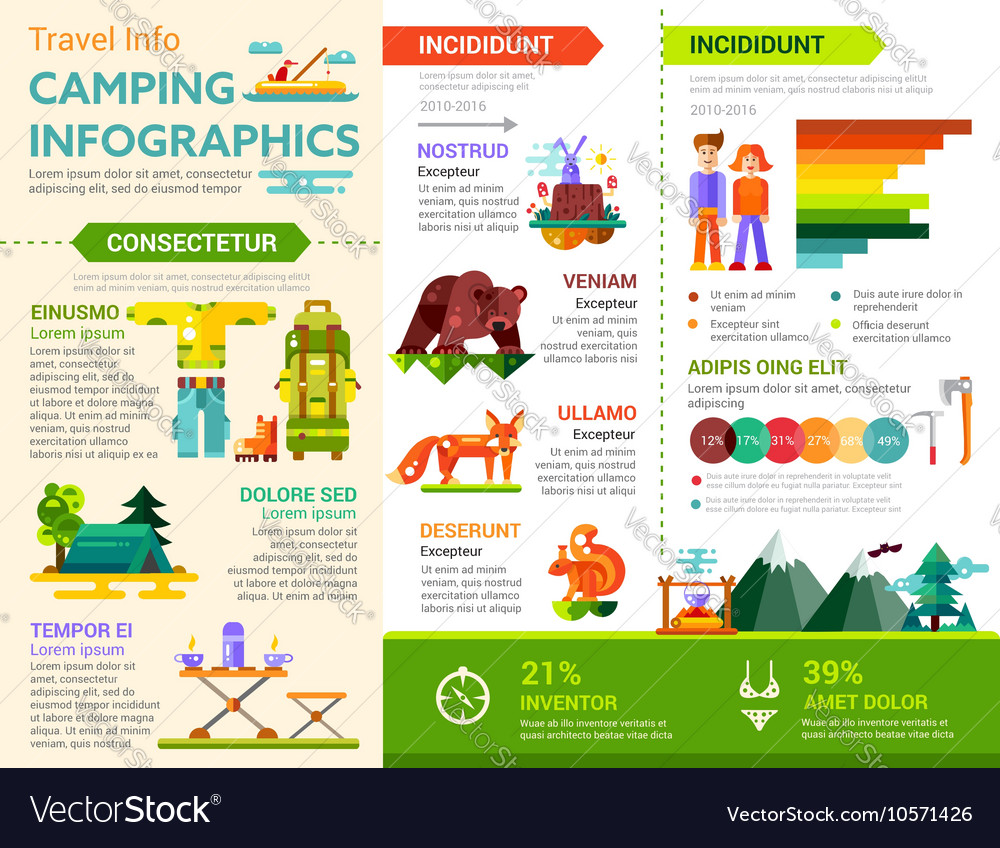Aluminum modular framework systems make it very easy for one person to modify an item without cutting and welding. This minimizes downtime and maintenance prices.
They're likewise light - much lighter than stainless-steel. But it is very important to look beyond raw numbers to contrast light weight aluminum grades and alloys.
Toughness
When it comes to stamina, steel holds a solid advantage over light weight aluminum. Steel is a tough material that can stand up to substantial tons, and it additionally recovers rapidly after undergoing stress.
It is essential to keep in mind that the overall strength of a framework relies on the tube diameter and wall thickness. A bigger tube will stand up to flexing stress and anxieties far better than a smaller sized one. However, this can affect the tightness of the structure.
On top of that, steel needs the use of specialized alloys, consisting of nitrogen, molybdenum, and chromium to secure it from corrosion. This adds to the cost of the material, which can make it improper for some financial restrictions.
Aluminum, on the other hand, has a reduced density and weight than steel. This aids it to minimize logistics costs during transportation and handling. This makes it a wonderful choice for camping tent structures that require constant relocation. This consists of touring events and momentary markets, as well as disaster response applications.
Durability
Steel is denser than aluminium, which allows frame contractors to utilize thinner-walled tubes to accomplish the exact same degree of rigidity. This assists to keep the overall weight down. Steel structures also have a fatigue restriction, meaning that they can be emphasized over and over again without breaking, unlike aluminium.
Moderate steels have a great strength-to-weight ratio, and some alloy steels include scandium to enhance their sturdiness. This uncommon element is a prominent selection for high-end roadway bike structures, where a small amount of included strength can improve the framework's longevity and ride quality.
Various other factors to consider include camping tent flooring length, door style and number, and an equipment loft space to save backpacks and other things off the ground. If you intend to camp in bug-ridden areas, think about outdoors tents that have actually screened windows and doors in addition to a mesh ceiling for boosted ventilation. Also try to find doors that are simple to open and shut, and camping stove zippers that stand up to getting or damaging.
Weight
Steel was the typical frame material up until carbon fibre started to take control of in the professional roadway peloton, but it still offers much better value than carbon and can be a wise selection for privateer racers on a spending plan. Aluminium alloy structures are also less vulnerable to accidents or damage and so might use much less promptly than those made from carbon.
For an intricate layout, bonded steel frames require careful planning for each mount and weld, which can produce downtime in the assembly process and effect general lead times. On the other hand, light weight aluminum extrusion mounting offers a basic mounting procedure and can be controlled right into lots of geometries. Plus, T-slot aluminium accounts offer a selection of prefabricated components and accessories that can be conveniently integrated right into your structure.
For risky styles, pick systems that allow FEA usage and predictably supply results. As an example, the AngleLock connections on Rollco's aluminium framework can be treated like a bonded connection and lock with each other to resist turning and axial lots.
Expense
Steel structures have a tendency to be extra expensive than light weight aluminum. However, that cost difference is typically offset by minimized labor prices-- the time and cash saved by not having to bond on site. Welding is sluggish and labor-intensive, causing built-in downtime that can damage project routines.
An additional cost-saving consideration is the simplicity of constructing an aluminum framework. Unlike steel, which calls for welding to put together elements and can call for additional actions for surface preparation, post-weld cleansing, and painting, light weight aluminum extrusion framing systems like AngleLock modular framework fast and easy to collaborate with in the field.
Finally, think about the structure's weight-to-strength ratio. Light steel is more long lasting than light weight aluminum, but it additionally weighs more-- and can be much less durable when subjected to the very same forces. Aluminum structures, however, provide far better strength-to-weight ratios than welded steel. This makes them an excellent choice for projects that require to restrict downtime and copyright security criteria.
